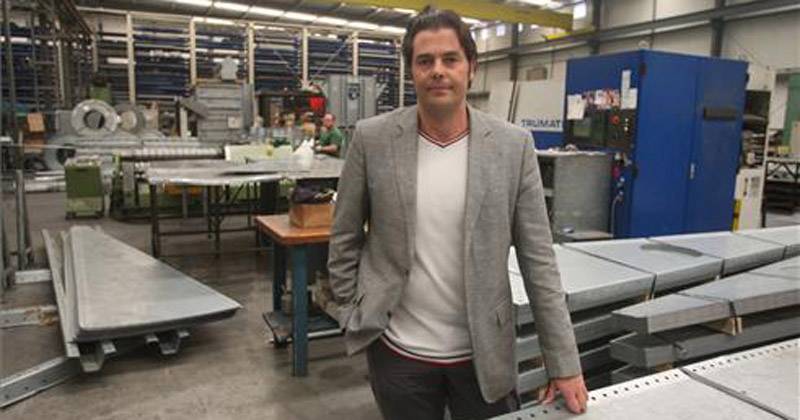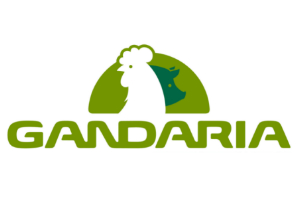Concerned about the image of Spain.
Juan Lopez Regalón, Manager of Silos Córdoba, a company that continues to grow through exports
In the brief delay preceding the interview, journalists see a group of Arabs – then know that they are Egyptians, closing a business -. That morning he has also been with Danish customers, and the conversation with the manager of Silos Cordoba, Juan Lopez Regalón (Córdoba, 1972) develops quickly, since there are other visitors waiting for him. Inside, both the office and the factory, there is an activity rate which, unfortunately, is in little business. What a joy it gives us! And, although Gandaria is no stranger to the crisis, it has not suffered as most of the companies. And it keeps growing.
– Silos Cordoba remains a family business?
– Yes, my father founded it in 1975, and I joined in 1994, when I finished an MBA in Business Administration. At that time the company billed a million euros and went to meet the needs of the livestock sector. We launched an internationalization plan and we started going out. The first fairs were in Chile and Morocco.
– Why the internationalization strategy?
– Our product has more potential in developing agricultural countries to modernize their equipment, and in Spain it was all done. In addition, years of drought coincided where farming declined. It was also due to new concerns of mine, willing to diversify risks.
– Was it difficult to convince your father?
– It wasn’t difficult, he has managed to make the transition very well. He wouldn’t cut my illusion, and told me that he had covered his own professional stage and that the success or failure was up to me. There are normal daily frictions, but he has managed to let me make decisions and take risks, though, of course, all would have been different if there hadn’t been results. Over the time, the strategy has been successful. In fact, it is now the salvation strategy proposed by many companies.
– Yes, everyone insists that the export is a solution after the fall in domestic consumption.
– What happens is that sometimes we arrive late. It is not the same when the company is strong than when it is in bad condition, because you have to invest, publicize products, study the competition …
– This way, you have overcome the crisis.
– We have also felt the crisis, but it took us with 85% of our business in other developing countries, and this crisis has been rather financial and in Western countries. Latin America or Arab countries laugh when we point out that the big problem in Spain is credit, because for them it is normal that the banks don’t give them money or do so with great difficulty. But concerning the crisis, yes we have noticed it in the divisions of metallic structures and livestock, more focused on the domestic market, and we have also suffered problems of default. So we refocused these divisions to go abroad.
– Do you have factories abroad?
– No, only commercial offices.
– What percentage of skilled workers you have?
– If you mean engineers, there are 14, but here everyone needs qualification. The factory workers must have at least an FP degree.
– What is the secret of your management?
– I do not think you should always put the blame on external factors, the Government or anyone else. We must look at what we’ve done well, and at what causes what will happen next. I put our own example: the cattle market has fallen, but we were absorbed by the job and we didn’t see it, so we did the adaptation in the middle of the crisis. What I see is that if public debt rises we cannot do anything, but what is in our hands we can act. You need to have a strategy, know where we want to go in the short and medium term. I also believe that in Spain there was a culture of speculation, and business that wouldn’t generate fast profits were even considered bad businesses. A bank told us that our benefits were low for our billings. Of course, they were low when compared with the gains of the brick industry.
– Were you tempted to invest in the brick?
– We haven’t entered into any real estate venture. If we did, maybe we wouln’t be here now.
– Do you get funding?
– Banks have not have treated us badly. In the end, their mission is to lend money, and they do it when they believe there is less risk. And, as they see our diversification…
– The ISO 9001 quality certificate of AENOR, favors your business?
– Rather, it has served to improve our internal processes and business strategy.
See the full article at Diario Córdoba








